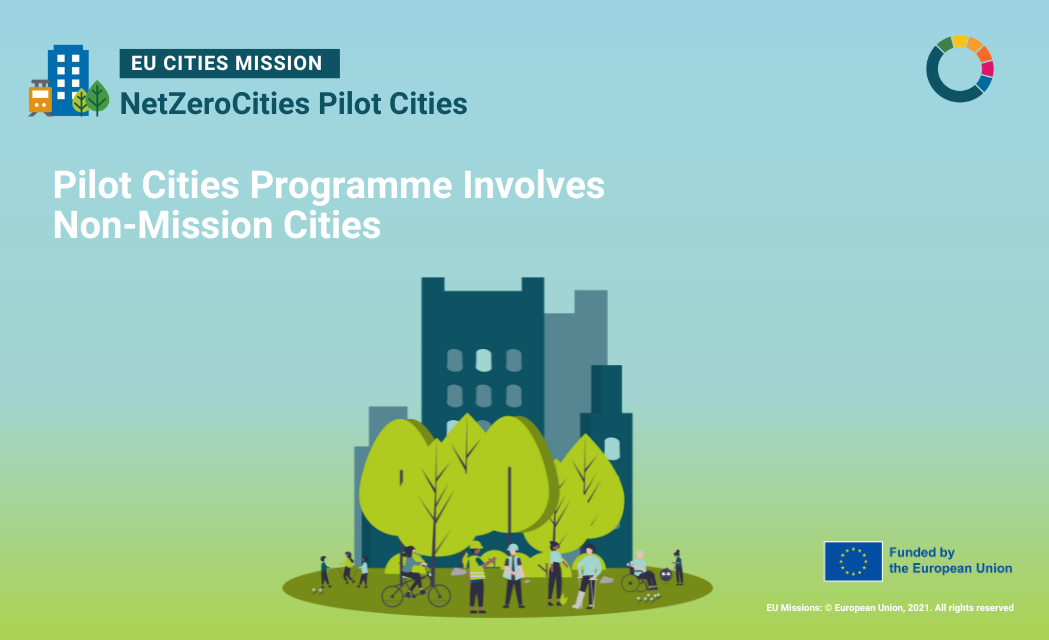The Pilot Cities Programme is expanding the reach of NetZeroCities by supporting four new non-Mission Cities as they test out new decarbonisation activities at the local scale. Focusing on data collection, governance, circular economy activities, energy efficiency, and more, these Pilot Cities are joining an ambitious group of urban changemakers testing out our next best moves towards climate neutrality.
Rivne’s Plans for Better Data
Rivne, Ukraine is focusing local Pilot City activities on data collection, building on its already significant emissions reductions and energy planning work to write a new Sustainable Energy and Climate Action Plan, or SECAP. A centralised online database will be created for Rivne, consolidating information-gathering efforts into one place that can inform the new SECAP. Rivne also plans to use this data to envision and model new energy development scenarios, which will be the basis for ambitious but realistic targets that will be reflected in a broader “Net-zero Vision.” To make new energy and emissions targets possible, the City also plans to build capacity in the local workforce with a course “Planning and implementing energy efficiency and renewable energy solutions.” That way, local students, building managers, and other interested professionals will become a part of Rivne’s energy transition, and wider emissions reduction targets.
Uppsala Laying the Foundation for a More Sustainable Building Sector
Meanwhile, Uppsala, Sweden also plans to scale up its existing work toward climate neutrality. The City’s previous pilot projects will be woven into a new, systems-wide approach, encompassing three key areas: governance, circular economy, and stakeholder engagement. To start with governance, a carbon budget will be activated “relating to all activities and municipal companies,” which Uppsala sees as an incentive for decision-making processes to be better informed by wider climate neutrality goals.
At the same time, Uppsala is growing fast – with significant population growth projected in the coming years. To meet the need for additional housing and public services in a sustainable way, circular economy principles are to be applied to the building sector. This includes new recycling schemes, requirements for reuse of materials, and support in improving material flows. And lastly, when it comes to the third area of focus on stakeholder engagement, Uppsala is planning a new model for network governance, supporting local co-creation and implementing activities in a joint approach.
Drammen’s Evidence-Based Activities
Drammen, Norway is focused on maintaining its momentum through systems thinking, building on years of nature-based regeneration that has transformed the city’s image to a “green and livable city.” Focusing on “evidence-based” and multi-sectoral change, Drammen’s Pilot City activities include: boosting solar energy capacity; supporting circular business models and a local sharing and repairing economy; and continued implementation of nature-based solutions along the Drammen River. The end goal is for Drammen to create a “blueprint” of sorts that other cities can replicate, boosting well-being while encouraging a transition to a more circular and renewable local economy.
Galway’s Focus on Energy Efficiency
Galway, Ireland is also focused on energy – but is taking the angle of improved energy efficiency in buildings. Galway’s main goal is to get locals engaged with the process of retrofitting buildings, with a special focus on “Decarbonisation Zones” that emphasise supporting lower-income neighbourhoods with home energy efficiency upgrades. By identifying barriers and finding ways to accelerate retrofitting, Galway will pave the way for other cities to take new administrative and policy approaches to efficiency.
Though not part of the group of 112 Mission Cities, these four Pilot Cities are shining a light on new local-scale approaches to achieving a just climate transition. By engaging with NetZeroCities, these Pilot Cities are enhancing the wider goal of transforming cities into test beds for climate neutrality.





